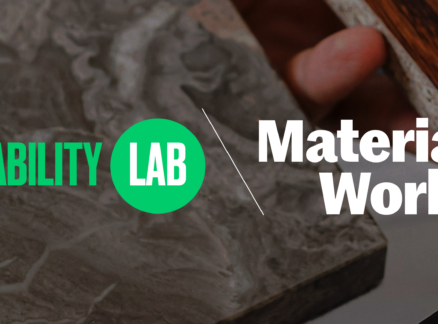September 1, 2007
New Uniforms
Arik Levy responds to the pervasiveness of athletic wear with a fashion-forward line for urbanites.
As the Korean licensee of Marc Jacobs, Christian Lacroix, and Timberland, the clothing manufacturer Kolon has no trouble producing mainstream fashion. “They have the mechanism; they click their fingers, and another jacket comes out,” industrial designer Arik Levy says. But when the company decided to develop a more unique line of active wear, its first impulse was to look beyond the fashion set for ideas. “They said they wanted somebody who doesn’t have experience as a fashion designer,” Levy recalls, “but who would experiment with materials to develop something new.”
After being tapped for the job, Levy channeled his distaste for sporty fare—or at least its pervasiveness. Puffy winter jackets are a particular pet peeve. “One would buy a North Face jacket and go to work in the bank with it,” he says. “The problem is that you look like an astronaut.” This gear may be well suited to the Himalayas, Levy adds, but not to the temperature fluctuations of city living.
His genre-bending Transition line launched with a sleek spring/summer collection this March in Korea. (Kolon will next introduce Transition into Chinese and Japanese markets, with European and American launches tentatively planned afterward.) Levy designed a jacket, shirt, and trousers for the debut collection, and art-directed Kolon’s in-house designers in creating the remaining 21 pieces. The garments borrow sparingly from the functional archetypes of the North Face and Patagonia, yielding a simple silhouette that falls close to the body and parlays easily between home, work, and a night out.
In Levy’s designs, the jacket features an interior waterproof pocket, and the legs of the pants are lined with a bicycle-ready reflective band that is revealed only when they are cuffed. To achieve the cleanest possible lines, the shirt is laser-cut and largely substitutes heat-sealed welding for stitching. Although extreme-weather jackets often feature waterproof strips attached this way, Levy notes that most companies don’t heat-seal seams because it requires custom welding jigs.
The clothes also respond to the conditions in which we now live, what Levy calls a “frightening” moment in history. “When you read the newspapers, not just the sports page or the furniture magazines,” he says, “you realize the needs we have are totally different from the equipment we’re given.” Made with inherently bug-repellent material, Transition T-shirts become weapons against the West Nile virus, while the trousers come with a plastic-buckle belt to help speed you through airport security.
For all Transitions’ style, details like these cement the collection as sportswear. “Take the jacket in your hands,” the designer says. “There’s so much to look at, you forget about the form.”





